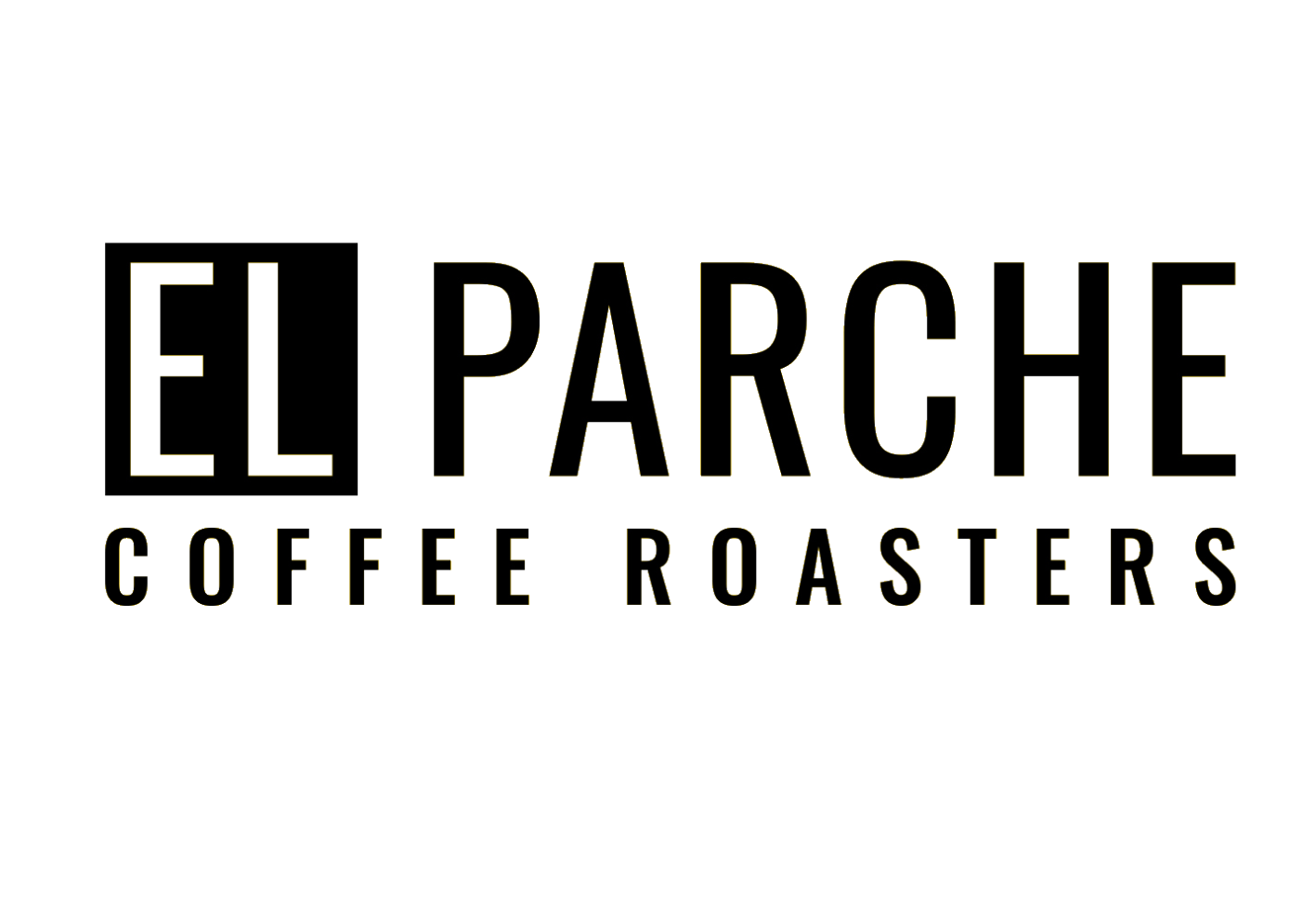What is Specialty coffee? And how is it different to ‘normal’ coffee
If you're reading this article, it's clear that you appreciate a good cup of coffee. But if you haven't delved into the world of specialty coffee yet, you might be wondering what sets it apart. As someone who discovered specialty coffee about nine years ago, I can tell you that the difference between specialty and commodity coffee (the name for normal/non-speciality coffee) is truly profound. These two types of coffee belong to different worlds altogether.
I started drinking coffee as a kid, just like many Colombians, mum
and dad like coffee, so I started to drink “café con leche” or coffee with milk from early age. In Colombia we have people selling coffee on the street, so it was very easy to get into the habit of drinking coffee. This coffee is called “tinteros” because they sell “tinto”, a short black coffee, very bitter and dark, so sugar is definitely needed.
It wasn't until my 30s when I received a French press (or a plunger) as a birthday gift that I stumbled upon the world of specialty coffee. Trying different coffees opened my eyes to the vast variety and unique flavours within this realm.
If you’d like an analogy on the differences between the two, imagine normal coffee, something you’d find in 7/11 or petrol station, is equal to a $5 bottle of wine (does that still exist!?) and speciality coffee is equivalent to at least a $30 bottle of wine and above. But there’s more to it than that…..

So, what’s this commodity coffee?
The coffee that the majority of people are familiar with is commodity coffee. Commodity coffee is a massive industry, with coffee being traded as a commodity on the "C Market" (the centrals market). In this market, coffee is simply seen as coffee, similar to how sugar is sugar or wheat is wheat. There is no classification based on different levels of quality. The commodity price is determined by the market, with no regard for the production cost. Coffee farmers often struggle to make a profit, and even when they do, it's usually slim.
If you buy pre-ground coffee beans, instant coffee, or even whole beans from the supermarket, chances are you're purchasing commodity coffee. If you believe that "coffee just tastes like coffee," it's likely because you've been drinking commodity coffee. The taste of this coffee tends to be similar because it often has various taste defects. Just like all fruit, when coffee beans grow, some develop defects, and this can affect the taste. To mask these defects, commodity coffee is typically roasted dark. Dark roasting also ensures consistency from one batch to another.
While it is theoretically possible to produce commodity coffee to a higher standard, the fixed market price discourages investment in quality improvements. The location where coffee is grown plays a crucial role in the quality of the coffee, and many coffee producers cannot easily relocate their farms to allow for this, understandably.
And there is a market dedicated to specialty coffee beans.
The speciality coffee market is the opposite of commodity coffee. In specialty coffee, quality is paramount and determines the price. Unlike commodity coffee, specialty coffee is not treated as a mere commodity. Everyone involved in this market, from the coffee farmer to the roaster and the coffee drinker, focuses on achieving the best quality possible. Specialty coffee drinkers often take the extra effort to brew their coffee correctly, as opposed to simply using supermarket beans or instant coffee.
The Speciality Coffee Association (SCA) plays a significant role in grading specialty coffee. "Q graders" are people trained and approved by the SCA to taste and grade the coffee, and for it to be officially classified as specialty coffee (SCA certified), it must score 80/100 or higher on the coffee point scale. The SCA not only ensures high quality but also emphasises ethics, sustainability, human rights, and the environment. Buying specialty coffees goes beyond taste; it supports responsible practices.
For coffee producers capable of meeting the quality standards required for specialty coffee, it can be beneficial. Specialty coffee often commands a higher price than commodity coffee and the specialty coffee market values relationships, fostering direct connections between buyers (sometimes roasters) and coffee producers. This promotes fair business practices, leading to more sustainable businesses and reliable income for specialty coffee producers.
However, it's important to note that only a small percentage of coffee growers have the opportunity to produce specialty-grade coffee. Factors such as location (higher altitude is key), specialised knowledge and education, experience, and investment make it challenging for many producers to enter this market.

So, what makes specialty coffee so special?
Specialty coffee receives the utmost care throughout the entire process, resulting in a unique flavour profile specific to the variety or blend, origin, processing method, and roast profile.
Since specialty coffee can be roasted to bring out the best flavours without the need to mask defects, it offers a wide variety of taste experiences. It's worth mentioning the critical role of the coffee roaster, who plays a significant part in making specialty coffee what it is. Most specialty coffee beans are roasted by small-batch roasters who share the same goal as the coffee producers: to deliver the best cup quality from each batch of coffee beans. Every step, from cultivation to picking, processing, importing, and roasting, is carried out with meticulous care by specialists who prioritize the pursuit of excellence in every cup.
Specialty coffee isn't just about quality; it's also about embracing diversity, ensuring ethical and sustainable practices and exploring the endless possibilities of flavour within the world of coffee.
Gracias,
Jorge
